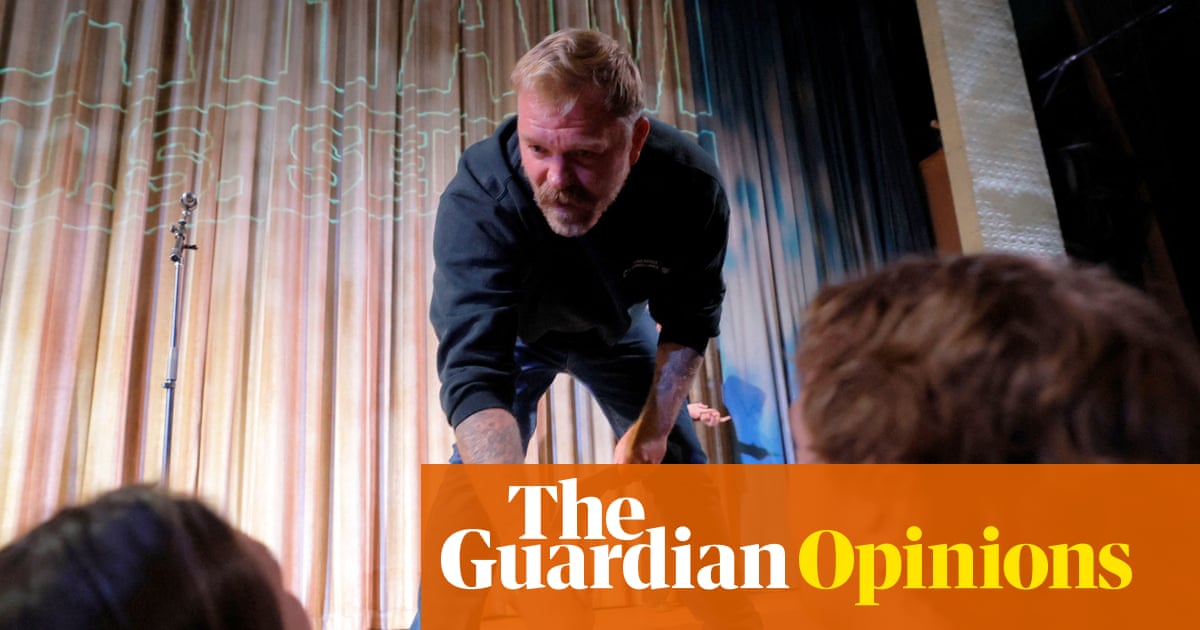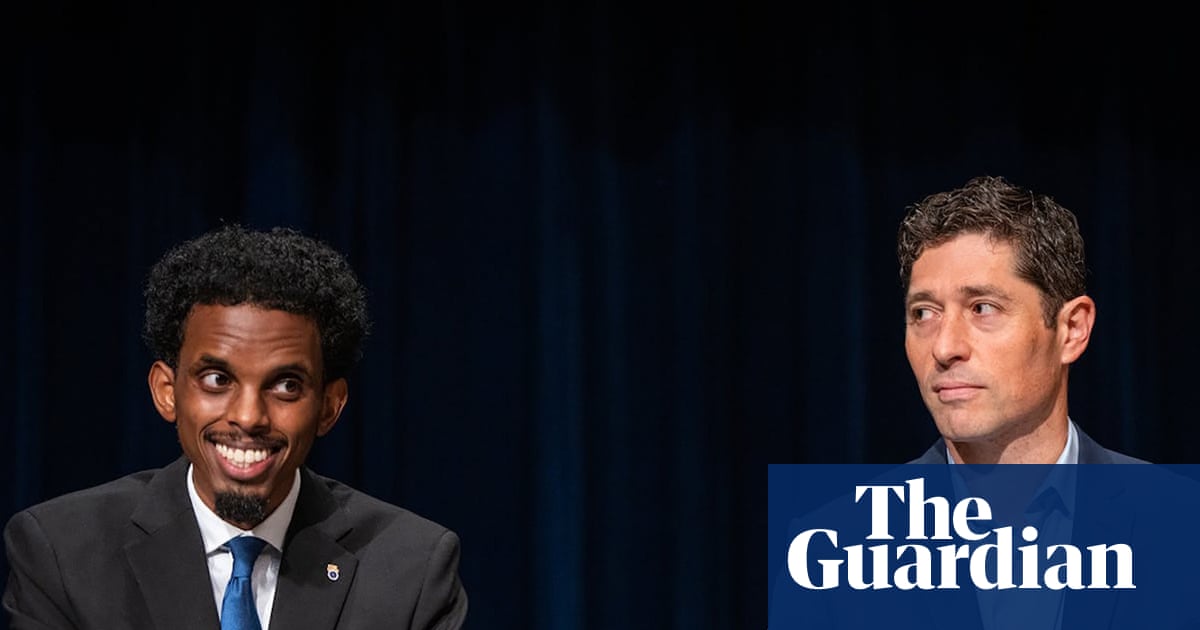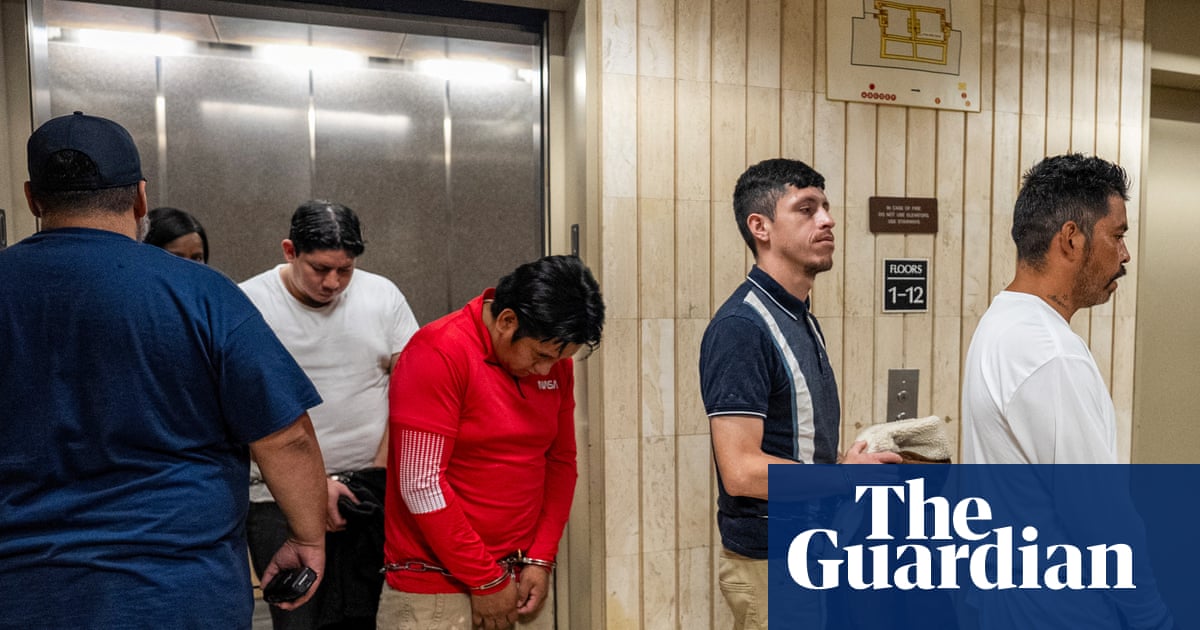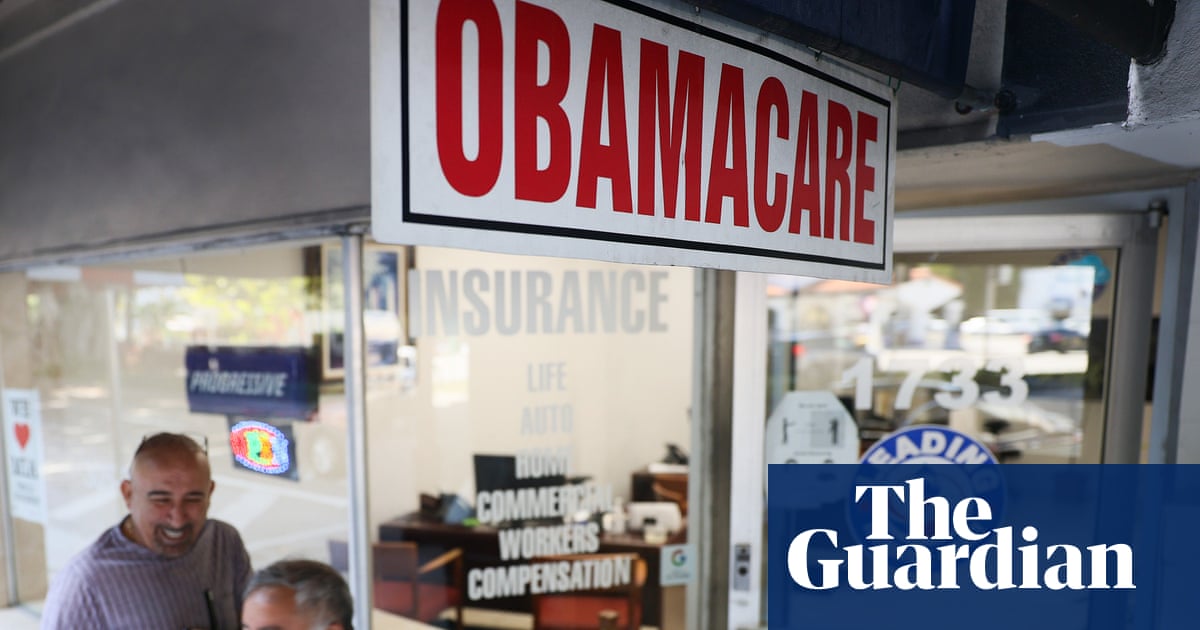In a lifetime studying the behavior of chimpanzees, Jane Goodall became something of an authority on the aggressiveness of alpha male adults. Now, in an interview released just days after her death, the famed primatologist reveals what she would do with Donald Trump, Elon Musk and other human beings she saw as showing similar traits: launch them on a one-way trip into space.
The insight into Goodall’s thinking comes in the Netflix documentary Famous Last Words, recorded in March and kept under wraps until her death last week at the age of 91.
“There are people I don’t like, and I would like to put them on one of Musk’s spaceships and send them all off to the planet he’s sure he’s going to discover,” Goodall tells interviewer Brad Falchuk during the revelatory 55-minute special discussing her life, work and legacy.
Would Musk, the SpaceX founder and Trump ally with a penchant for apparent Nazi-style salutes and firing thousands of federal workers, be among them, Falchuk wanted to know.
“Oh, absolutely. He’d be the host. You can imagine who I’d put on that spaceship. Along with Musk would be Trump and some of Trump’s real supporters,” she said.
“And then I would put [Russian president Vladimir] Putin in there, and I would put [China’s] President Xi. I’d certainly put [Israeli prime minister Benjamin] Netanyahu in there and his far-right government. Put them all on that spaceship and send them off.”
It is not the first time that Goodall, a champion of environmental advocacy, has been critical of Trump in particular.
In a 2022 interview with MSNBC she said he exhibited “the same sort of behavior as a male chimpanzee will show when he’s competing for dominance with another. They’re upright, they swagger, they project themselves as really more large and aggressive than they may actually be in order to intimidate their rivals.”
In the Netflix interview, the first in the streaming network’s new series capturing the thoughts of iconic world figures to be broadcast only after their death, Goodall further explained her thinking.
“We get, interestingly, two types of alpha. One does it all by aggression, and because they’re strong and they fight, they don’t last very long. Others do it by using their brains, like a young male will only challenge a higher-ranking one if his friend, often his brother, is with him. And you know, they last much, much longer,” she said.
She also examined the “politicization” of behavior, and what her studies had taught her about aggressive behaviors shown by groups of humans and chimpanzees when confronted with something they perceived as hostile, even if no threat existed.
“Chimps see a stranger from a neighboring community, and they get all excited, and the hair stands out, and they reach out and touch another, and they’ve got these faces of anger and fear, and it catches, and the others catch that feeling that this one male has had, and they all become aggressive,” she said.
“It’s contagious,” she added. “Some of these demonstrations that turn aggressive, it sweeps through them. They all want to become and join in and become aggressive. They’re protecting their territory or fighting for dominance.”
Falchuk asked if she believed it was the same for humans. “Probably, sometimes yes. But I truly believe that most people are decent,” she said.
“My biggest hope is raising this new generation of compassionate citizens, roots and shoots. But do we have time? I don’t know. It’s a really grim time.”
Goodall, born in London five years before the start of the second world war, likened the fight against the darkness of present-day politics to Britain standing up to Nazi Germany, and the “spirit of obstinance” shown by Winston Churchill.
“That doesn’t mean you don’t have moments of depression, but then you come out of it and say, ‘OK, I’m not going to let them win,’” she said.
“It’s like Churchill in the war, his famous speech, we’ll fight them on the beaches, we’ll fight them in the streets and the cities, then he turned aside to a friend and was heard to say, ‘and we’ll fight them at the ends of broken bottles because that’s all we’ve bloody well got’.”
Goodall, in a post-interview address to camera, ended with a message of encouragement for those fighting against political oppression and the climate emergency.
“Even today, when the planet is dark, there still is hope. Don’t lose hope. If you lose hope, you become apathetic and do nothing,” she said.
“And if you want to save what is still beautiful in this world – if you want to save the planet for the future generations, your grandchildren, their grandchildren – then think about the actions you take each day. Because, multiplied a million, a billion times, even small actions will make for great change.”

 German (DE)
German (DE)  English (US)
English (US)  Spanish (ES)
Spanish (ES)  French (FR)
French (FR)  Hindi (IN)
Hindi (IN)  Italian (IT)
Italian (IT)  Russian (RU)
Russian (RU)  3 weeks ago
3 weeks ago
























Comments